On August 19, the Internal Revenue Service (IRS) released new guidance, Notice 2024-63, that explains how employers can treat their employees’ student loan payments as retirement plan deferrals, and match them under the employer match terms of their retirement plans. The guidance implements the provision in SECURE 2.0 which Congress enacted into law last year.
1 min read
IRS Releases Guidance on Matching Contributions for Student Loan Payments
By NAIFA on 9/16/24 3:32 PM
Topics: Retirement Plans IRS SECURE 2.0 Student Loan Payments
1 min read
IRS Reopens ERTC Voluntary Disclosure Program
By NAIFA on 9/16/24 3:31 PM
On August 15, the Internal Revenue Service officially reopened its Employee Retention Tax Credit (ERTC) Voluntary Disclosure Program. The program allows employers to repay ERTC payments they have already received, without liability for penalties, if upon further review the employers believe their initial ERTC claims were made in error. The Voluntary Disclosure Program will remain open until November 22, 2024.
Topics: IRS Voluntary Disclosure Program Employee Retention Tax Credit
1 min read
IRS Eases ERTC Moratorium, Issues Denials and Pays Some Claims
By NAIFA on 8/15/24 10:18 AM
On August 8, the Internal Revenue Service (IRS) announced it will again process 2021 Employee Retention Tax Credit (ERTC) claims. It says it has resolved many claims issues, so far resulting in 28,000 denials and many valid claim payments.
Topics: Legislation & Regulations COVID-19 Congress IRS
1 min read
IRS Announces More Warning Signs that ERTC Claims Will Be Denied
By NAIFA on 8/15/24 9:42 AM
On July 25, the Internal Revenue Service (IRS) announced five new warning signs that it will deny employee retention tax credit (ERTC) claims. The agency is urging businesses with pending ERTC claims to review those claims in light of the 12 warning signs (five new ones added to the seven already announced) in order to avoid penalties, interest charges and/or audits.
Topics: IRS
1 min read
Treasury/IRS Finalize MRD Rules
By NAIFA on 8/15/24 9:39 AM
On July 24, Treasury and the Internal Revenue Service (IRS) released a final regulation on calculating minimum required distributions (MRDs) under the rules in SECURE 1.0. The regulation also contains guidance that is subject to notice and comment on SECURE 2.0 MRD rules.
Topics: Legislation & Regulations IRS SECURE 2.0
2 min read
IRS Says Most ERTC Claims Show Risk of Being Improper
By NAIFA on 7/15/24 4:33 PM
On June 20, the Internal Revenue Service (IRS) said the 1.4 million pending employee retention tax credit (ERTC) claims are getting continued heightened scrutiny, with “the vast majority” of them showing risk of being improper. The agency announced it had completed a detailed review of the pending claims in order to protect taxpayers and small businesses, and said it resulted in plans to deny tens of thousands of improper high-risk ERTC claims. Now, the IRS has started a new round of processing lower-risk claims to help eligible taxpayers.
Topics: Legislation & Regulations Congress IRS
1 min read
IRS Issues Guidance on Emergency Withdrawals from Retirement Plans
By NAIFA on 7/15/24 4:31 PM
On June 20, the Internal Revenue Service (IRS) issued Notice 2024-55, guidance on when there is an exception from the ten percent penalty tax for early withdrawals from retirement savings plans. The guidance focuses on emergency personal expenses and victims of domestic abuse.
Topics: 401(k) Retirement Plans IRS
1 min read
IRS Releases 2025 Inflation Adjustments for HSAs, HDHPs, HRAs
By NAIFA on 5/15/24 1:39 PM
On May 9, the Internal Revenue Service (IRS) released Revenue Procedure 2024-25, listing the 2025 inflation-adjusted amounts applicable to health savings accounts (HSAs), high deductible health plans (HDHPs), and excepted benefit health reimbursement arrangements (HRAs). The inflation adjustments take effect, generally, in 2025 or for plan years beginning in 2025.
Topics: Health Savings Accounts IRS
1 min read
IRS Proposes New, Narrower CRAT Rule
By NAIFA on 4/15/24 2:33 PM
On March 19, the Internal Revenue Service (IRS) proposed a new rule governing charitable remainder annuity trusts (CRATs). The new rule, if finalized, would curtail the use of CRATs as a tax avoidance mechanism.
Topics: Taxes IRS
2 min read
IRS Announces “Warning Signs” of Incorrect ERTC Claims
By NAIFA on 3/15/24 3:59 PM
Last month, the Internal Revenue Service (IRS) announced seven warning signs that Employee Retention Tax Credit (ERTC) claims may be in error and urged businesses with ERTC claims to revisit their eligibility status. They said businesses should resolve any issues prior to March 22, the deadline for the agency’s voluntary disclosure program.
Topics: Legislation & Regulations IRS
2 min read
IRS Issues Guidance on Pension-Linked Emergency Savings Accounts
By NAIFA on 2/15/24 11:19 AM
On January 12, the Internal Revenue Service (IRS) released initial guidance on implementation of SECURE 2.0 pension-linked emergency savings accounts (PLESAs). The guidance is in Notice 2024-22.
Topics: Legislation & Regulations IRS SECURE 2.0
3 min read
ERTC Faces More Scrutiny
By NAIFA on 1/16/24 3:24 PM
Treasury and the Internal Revenue Service (IRS) have announced increased enforcement in connection with employee retention tax credit (ERTC) claims. The agencies are warning about more scrutiny as a result of what they call massive fraud in the pandemic-era tax rule. Now, some in Congress are pushing back, concerned that legitimate claims are not being paid as a result of this increased scrutiny. In addition, Congressional tax writers are looking at the ERTC as a possible source of offsetting revenue for the emerging tax bill (see story below).
Topics: Legislation & Regulations Taxes Congress IRS
1 min read
Government Ratchets Up Pressure on Fraudulent ERTC Claims
By NAIFA on 12/15/23 1:40 PM
Treasury and the Internal Revenue Service (IRS) continue to ratchet up pressure on employee retention tax credit (ERTC) claims that they say show evidence of fraud. That, in turn, puts pressure on ERTC claims that, while not necessarily fraudulent, may contain errors and thus attract the attention of government officials cracking down on ERTC claims.
Topics: IRS
2 min read
Treasury Releases Proposed Regulations on Long-Term Part-Time Employees
By NAIFA on 12/15/23 1:29 PM
On November 24, the Treasury Department and the IRS issued proposed regulations implementing the rules of the provision in the SECURE retirement laws that qualifies long-term (those who have worked two years or more for an employer), part-time (those who work at least 500 hours/year) employees to participate in an employer-sponsored retirement savings plan.
Topics: Retirement 401(k) Congress IRS
2 min read
IRS Releases Retirement and Benefit Plan Inflation Adjustments
By NAIFA on 11/15/23 12:20 PM
On November 1, the Internal Revenue Service (IRS) released inflation-adjusted retirement and benefits plan contribution limits for 2024. Next year, 401(k) savers will be allowed to contribute $500 more than they can in 2023.
Topics: Retirement 401(k) IRS
1 min read
IRS Announces Criteria for Evaluating Eligibility for ERTC
By NAIFA on 11/15/23 11:26 AM
On October 18, the Internal Revenue Service (IRS) announced its criteria for evaluating a business’ eligibility for the pandemic-era employee retention tax credit (ERTC). In their memo on how the agency will be examining still-pending ERTC claims, the IRS said that ERTC eligibility required an order from the Occupational Safety and Health Administration (OSHA) to prevent spreading COVID-19 to qualify for the credit. Reliance on guidance only would be insufficient, the IRS said.
Topics: IRS
2 min read
IRS Announces Moratorium on New ERTC Claims, Enhanced Program Scrutiny
By NAIFA on 10/16/23 12:37 PM
On September 14, the Internal Revenue Service (IRS) announced it had stopped processing all new coronavirus-era Employee Retention Tax Credit (ERTC) claims, and that claims submitted prior to September 14 will be subject to enhanced examination and considerable delay before payment of those claims it determines to be valid. The IRS actions are in light of reports of rampant fraud among those seeking to claim the ERTC.
Topics: Legislation & Regulations IRS
2 min read
Roth Rule Catch-Up Contribution Notice Resolves Some Effective Date Issues
By NAIFA on 9/15/23 2:08 PM
In Notice 2023-62, the IRS and Treasury clarified that many catch-up contributions for 2024-2025 will not have to be Roth contributions for taxpayers earning $145,00/year or more.
Topics: Retirement Legislation & Regulations Federal Advocacy IRS SECURE 2.0
1 min read
Treasury/IRS Propose Cryptocurrency Tax Reporting Rules
By NAIFA on 9/15/23 1:59 PM
On August 29, Treasury/the Internal Revenue Service (IRS) proposed rules expanding tax reporting of cryptocurrency transactions. Generally, the proposed rules would require cryptocurrency exchanges to disclose detailed information on their clients’ transactions starting in 2026.
Topics: Taxes IRS
2 min read
Effort to Delay Roth Catch-Up Contribution Rule Continues
By NAIFA on 8/14/23 3:28 PM
The Treasury Department has still not decided whether it will/can delay the effective date of the SECURE 2.0 rule that requires plan participants earning more than $145,000 to make their catch-up contributions on a Roth basis (i.e., after-tax contribution, tax-free withdrawals).




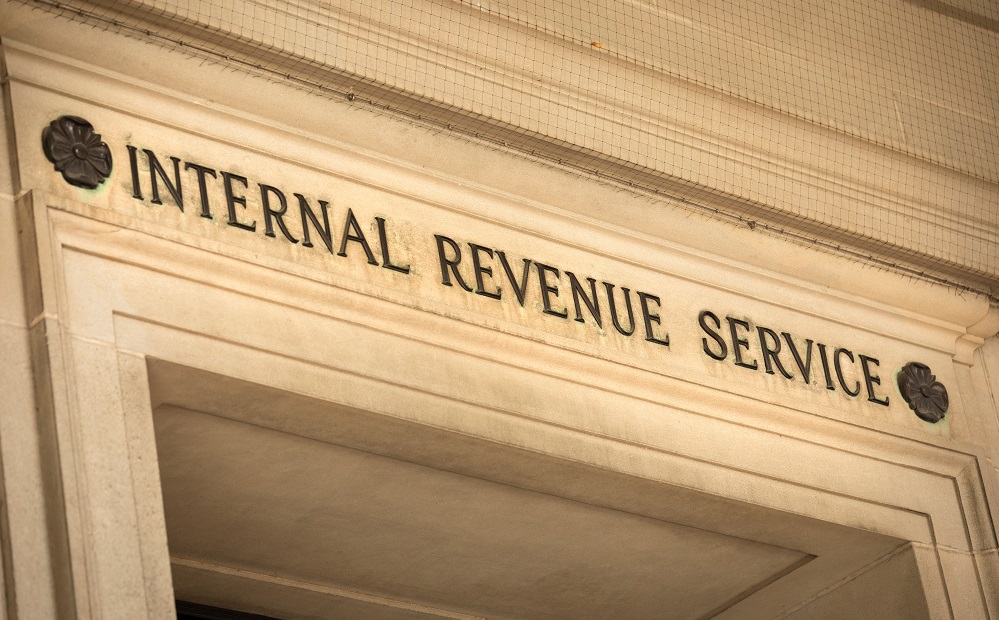
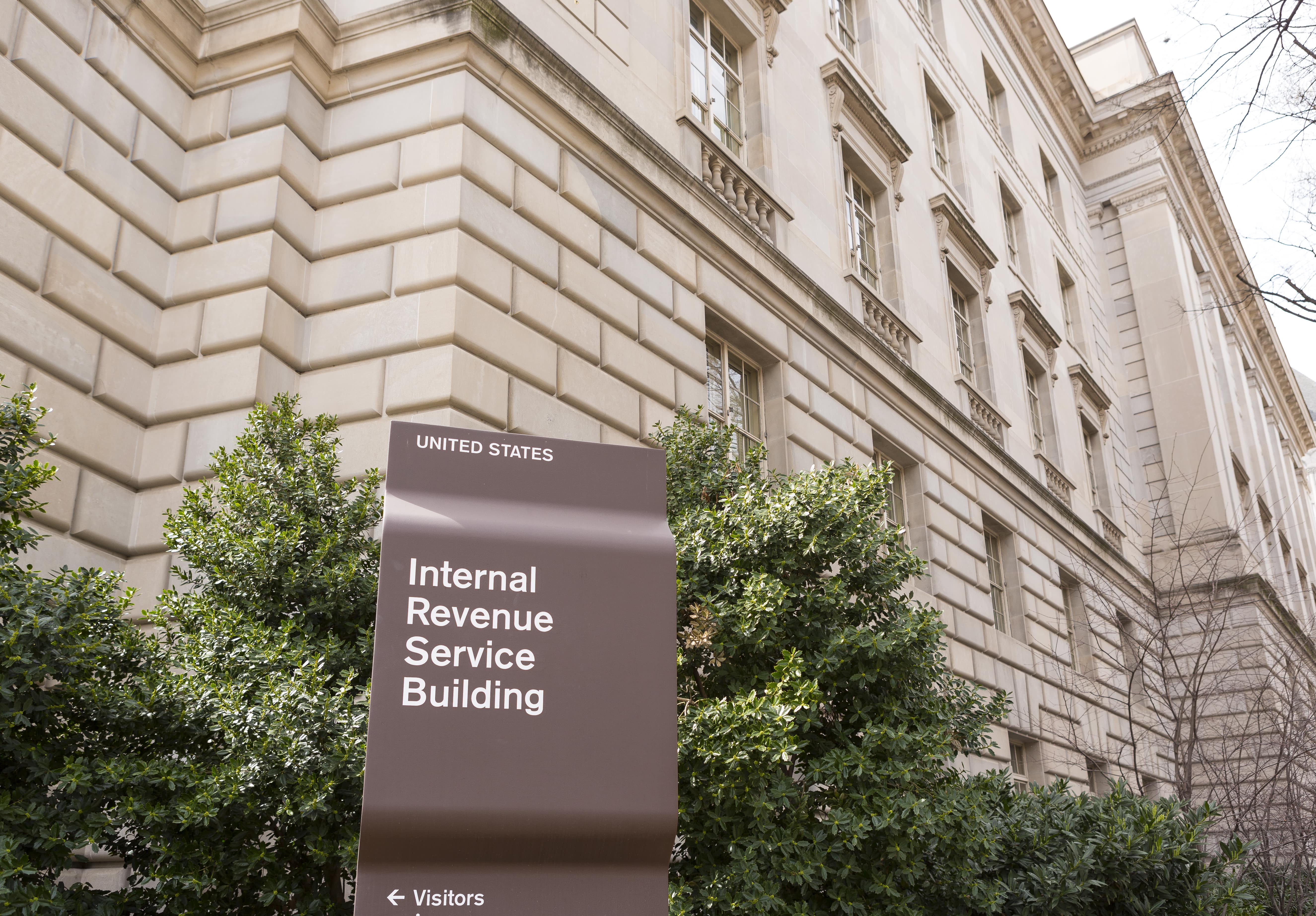
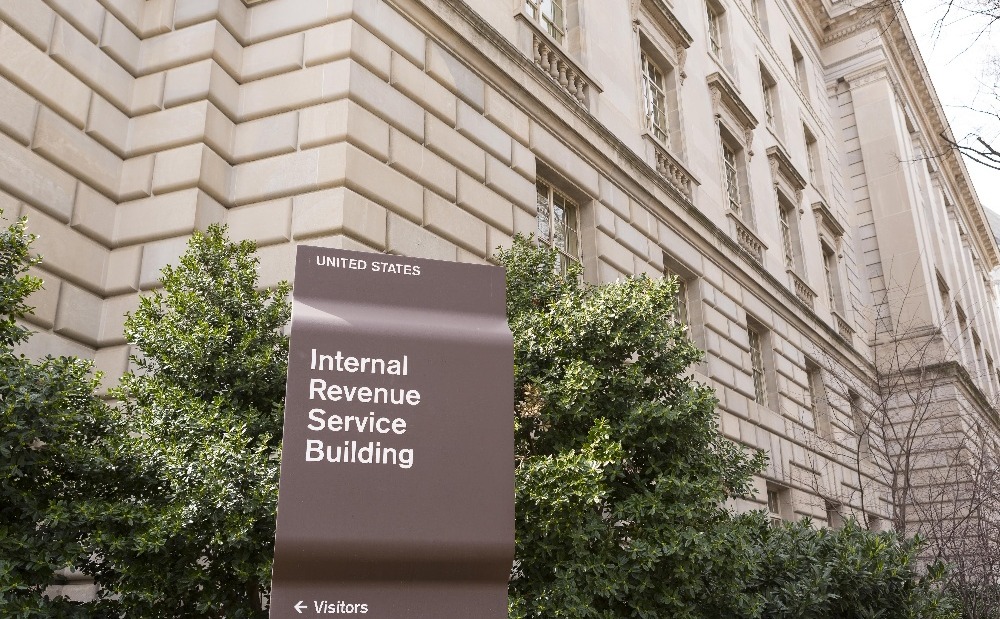

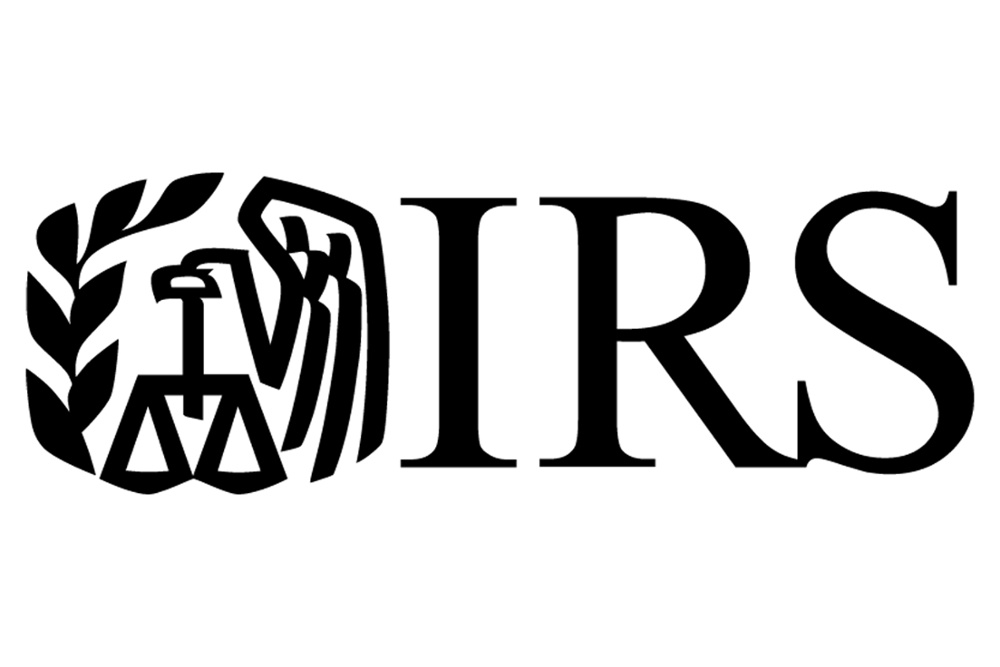

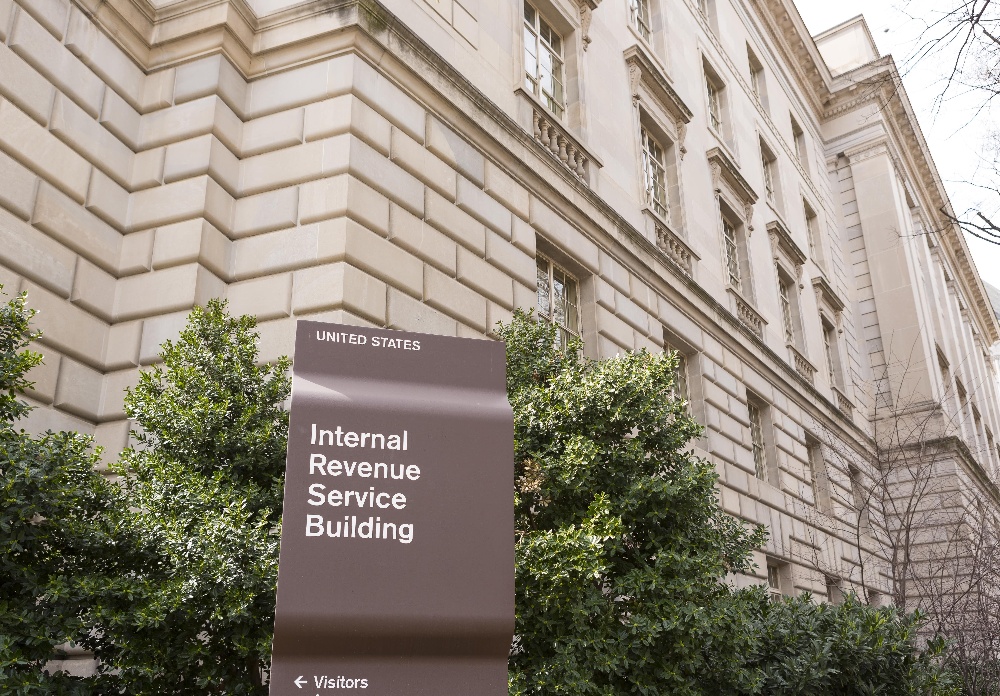
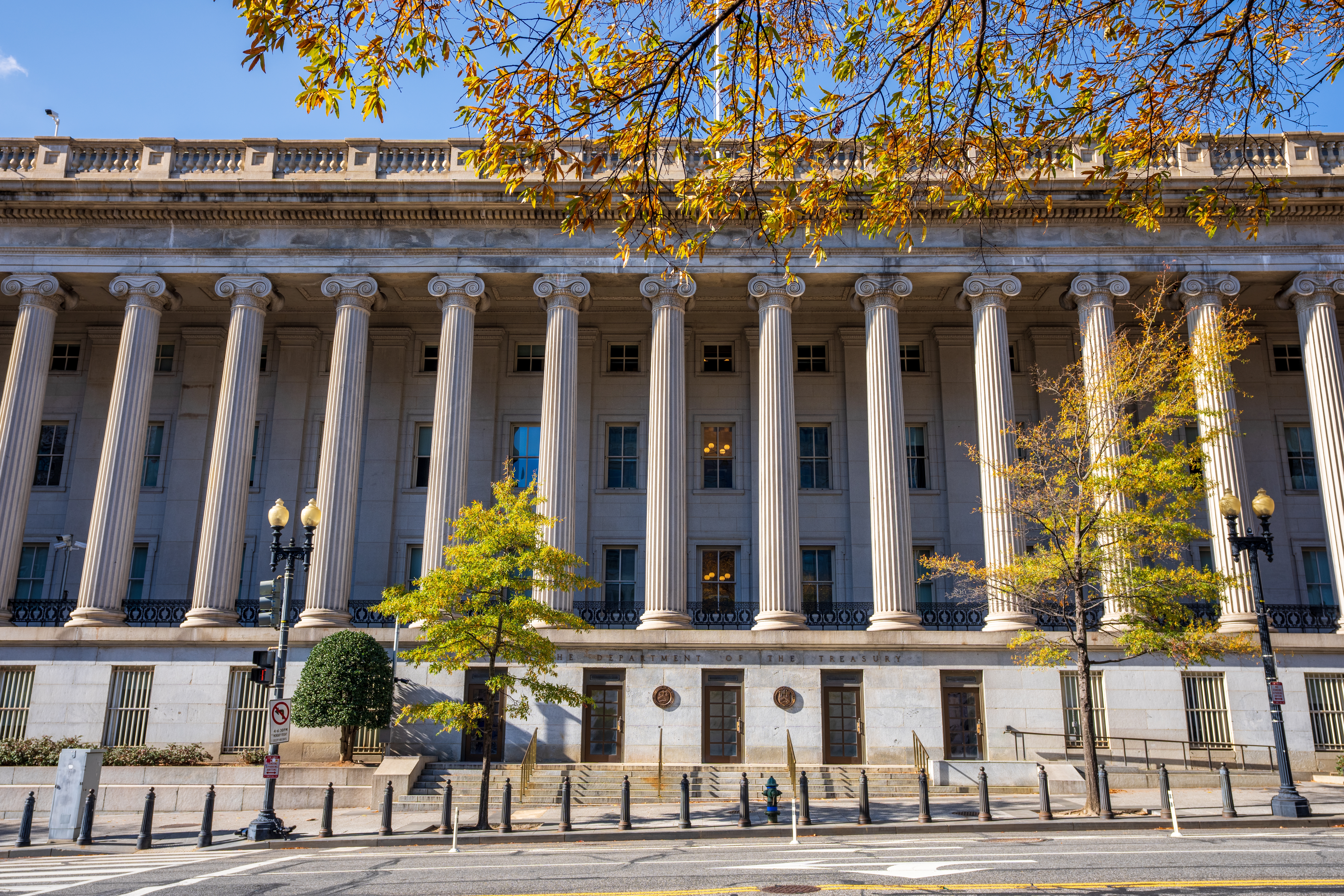
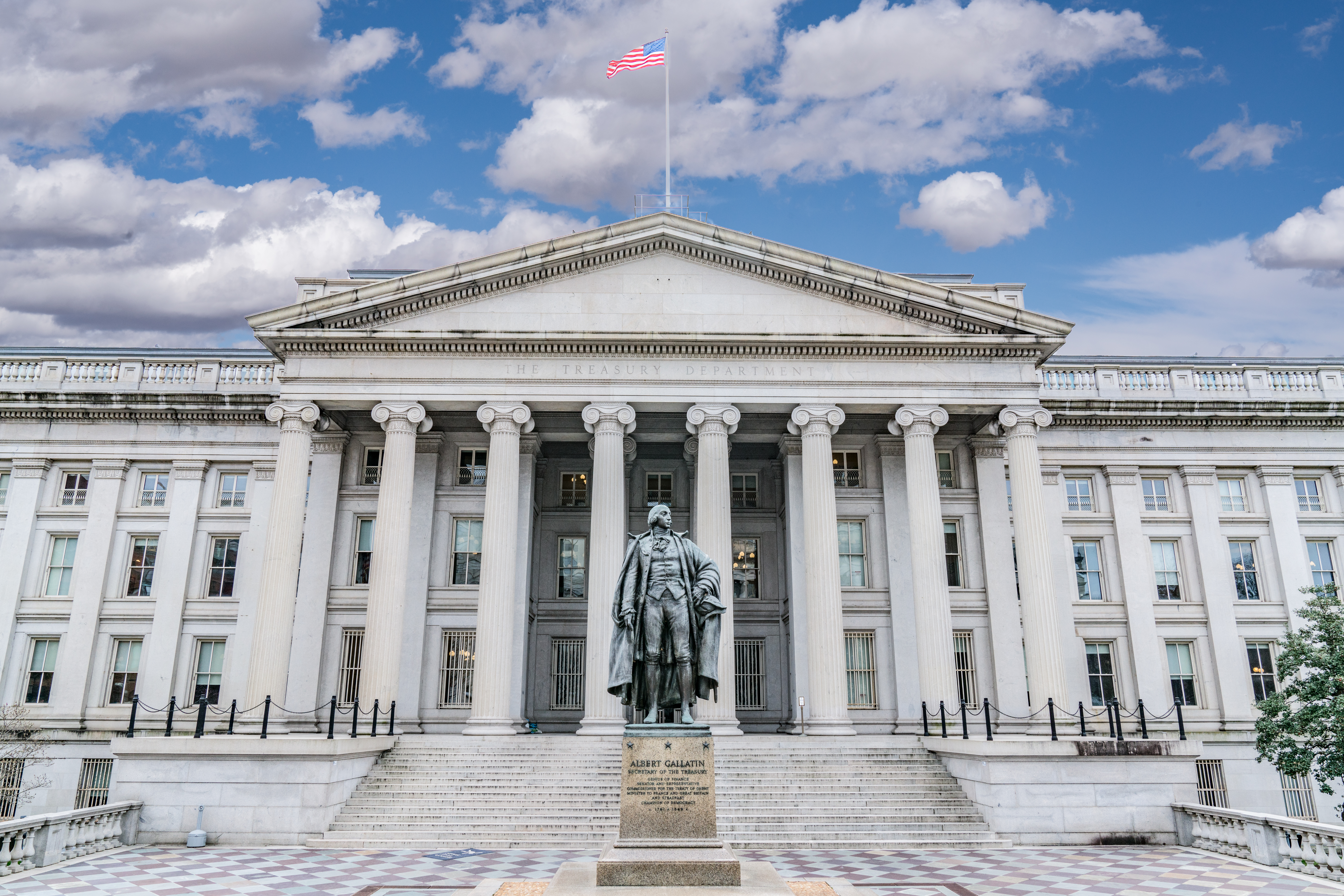
.png?width=600&height=90&name=Support%20IFAPAC%20%20(600%20%C3%97%2090%20px).png)
